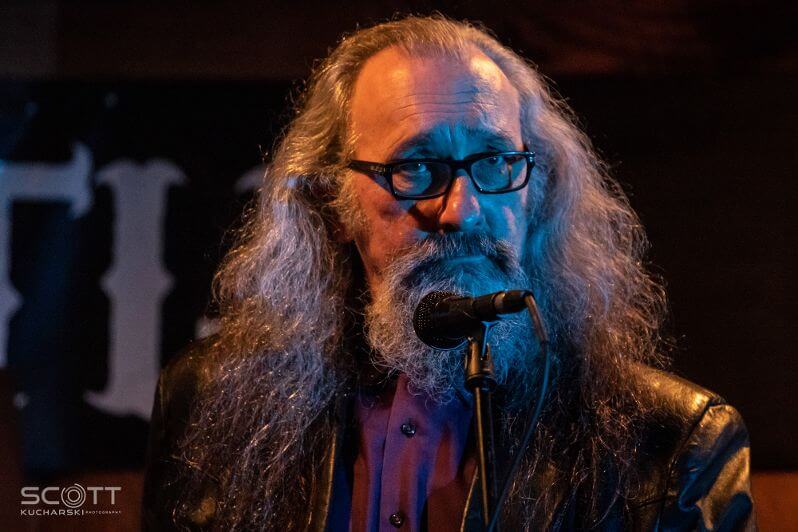When America celebrated National Medal of Honor Day yesterday, not many people likely offered much thought about what goes into winning our nation’s highest military accolade.
When I was writing “Blood Red Syrah” I thought about the serious sacrifice the medal embodies. I thought about war and peace and pondered our nation’s sad superficial understanding of these harsh life and death issues.
In my novel, Padre Fresa (Father Strawberry) might sound a little too far-out to be true – Roman Catholic priest, peace activist, Vietnam combat veteran and Medal of Honor winner who gave back our country’s highest military award to protest war, American injustice and imperial conquest throughout the world.
Just as good fiction is drawn from reality, Father Strawberry is not entirely make-believe.
On Saturday I asked a Vietnam combat veteran friend if he ever heard of Charlie Liteky – Father Charlie Liteky. Despite his own battle scars, my friend said he hadn’t. Most readers, Vietnam combat veterans and others also probably never heard of Liteky.
At 85, Liteky died a hero’s hero in 2017.
Liteky “is believed to be the only one of nearly 3,500 recipients of the medal since the Civil War to have returned it in a demonstration of political dissent,” according to Victoria Kueck, the operations director of the Congressional Medal of Honor Society, who was quoted in the New York Times story about Liteky’s death.
He acted out of opposition to the Reagan administration’s support for Central American dictators accused of brutally suppressing leftist guerrillas, the story said.
“In 1986, Mr. Liteky (pronounced LIT-key) left the medal in an envelope addressed to President Ronald Reagan at the Vietnam Veterans Memorial in Washington. He also renounced the lifetime tax-free monthly pension — then about $600, now about $1,300 — that went with it.
“Mr. Liteky, who later served two federal prison terms for civil disobedience as a war protester, said he was motivated in his political dissent by the commitment that had inspired his bravery on the battlefield in Vietnam.
“ “The reason I do what I do now is basically the same,” he told The San Francisco Chronicle in 2000 as he faced a second prison sentence. “It’s to save lives.” ”
“On Dec. 6, 1967, Mr. Liteky, the son of a career Navy petty officer, repeatedly neglected his own shrapnel wounds and, without a weapon, helmet or flak jacket, exposed himself to mortars, land mines and machine guns to rescue 23 wounded colleagues who had been ambushed by a Vietcong battalion. He evacuated the injured soldiers and administered last rites to the dying,” according to the Times.
All that happened during Liteky’s first time in combat.
“When I look at Liteky, I have respect for the courage of his views,” Paul Bucha, a medal recipient and a past president of the Medal of Honor Society, said in 2000, according to the Times story.
“It’s difficult to be an iconoclast,” Mr. Bucha continued. “It’s much easier to go along. Men like Liteky are people who should force us to pause and think; they should not be ostracized and criticized. They are entitled to their views, and perhaps if we listened we’d be better off,” the story said.
Father Liteky is very different from Father Fresa in one stunning way.
Father Liteky was real.
